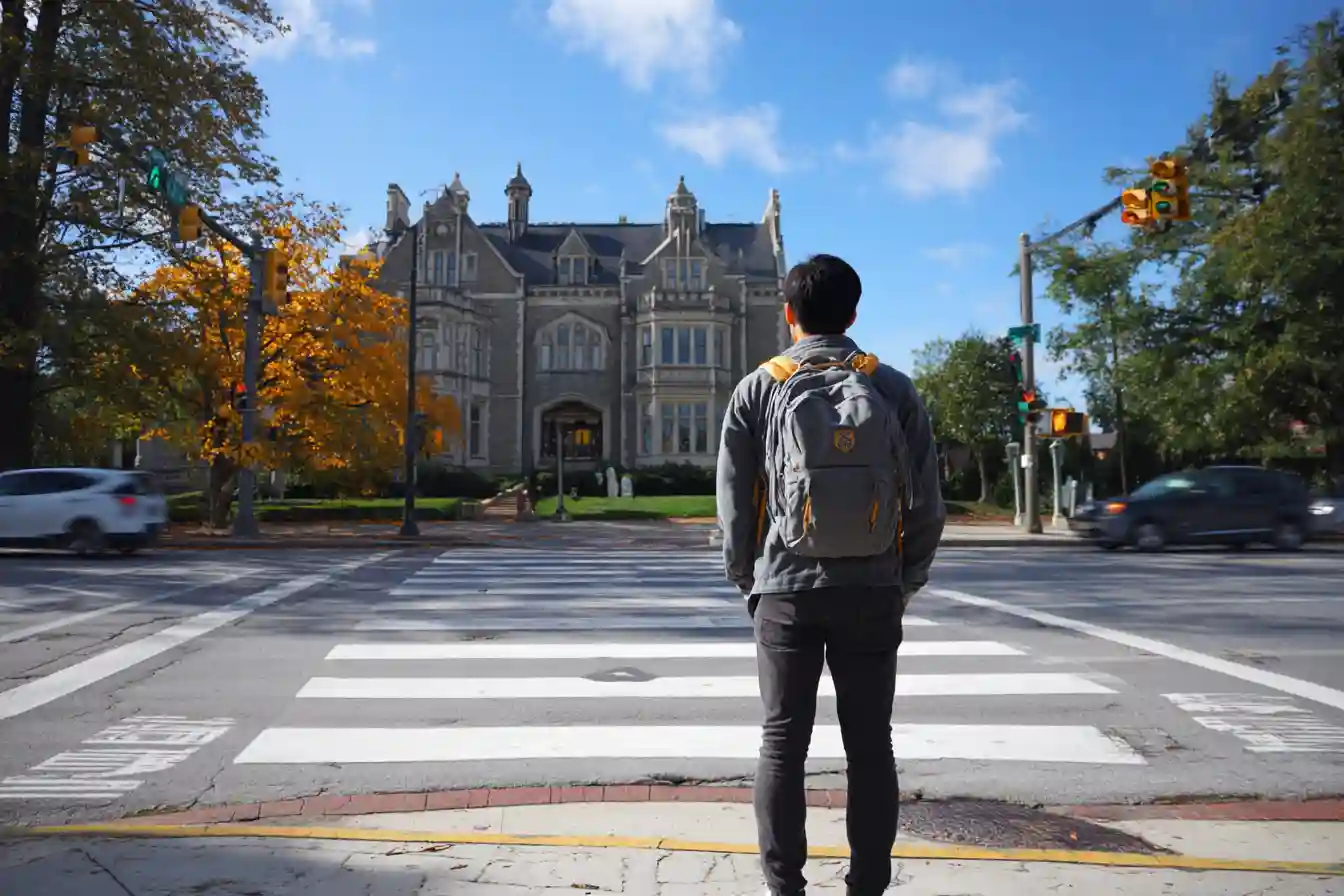Finding the right fit: How eligibility shapes your options
Unlike U.S. citizens, international students can’t apply for federal loans. Instead, you’ll need to look for private lenders that work specifically with international student loans in the U.S. – or with programs that recognize your unique situation as an F-1 student loan borrower.
The biggest challenge? Cosigner requirements. Many private lenders want a U.S.-based cosigner with strong credit, but not everyone has that option. That’s why more education loan providers are now evaluating you based on your program and future job potential – not just a credit report.
Some questions to ask yourself as you narrow your search:
- Does the lender require a cosigner? If not, how do they assess your eligibility?
- Is the international student loan available for your specific program and visa status?
- Will the funds cover not just tuition, but housing, health insurance for international students and daily costs?
Answering these questions helps you focus on lenders who truly understand the realities of international postgraduates.


